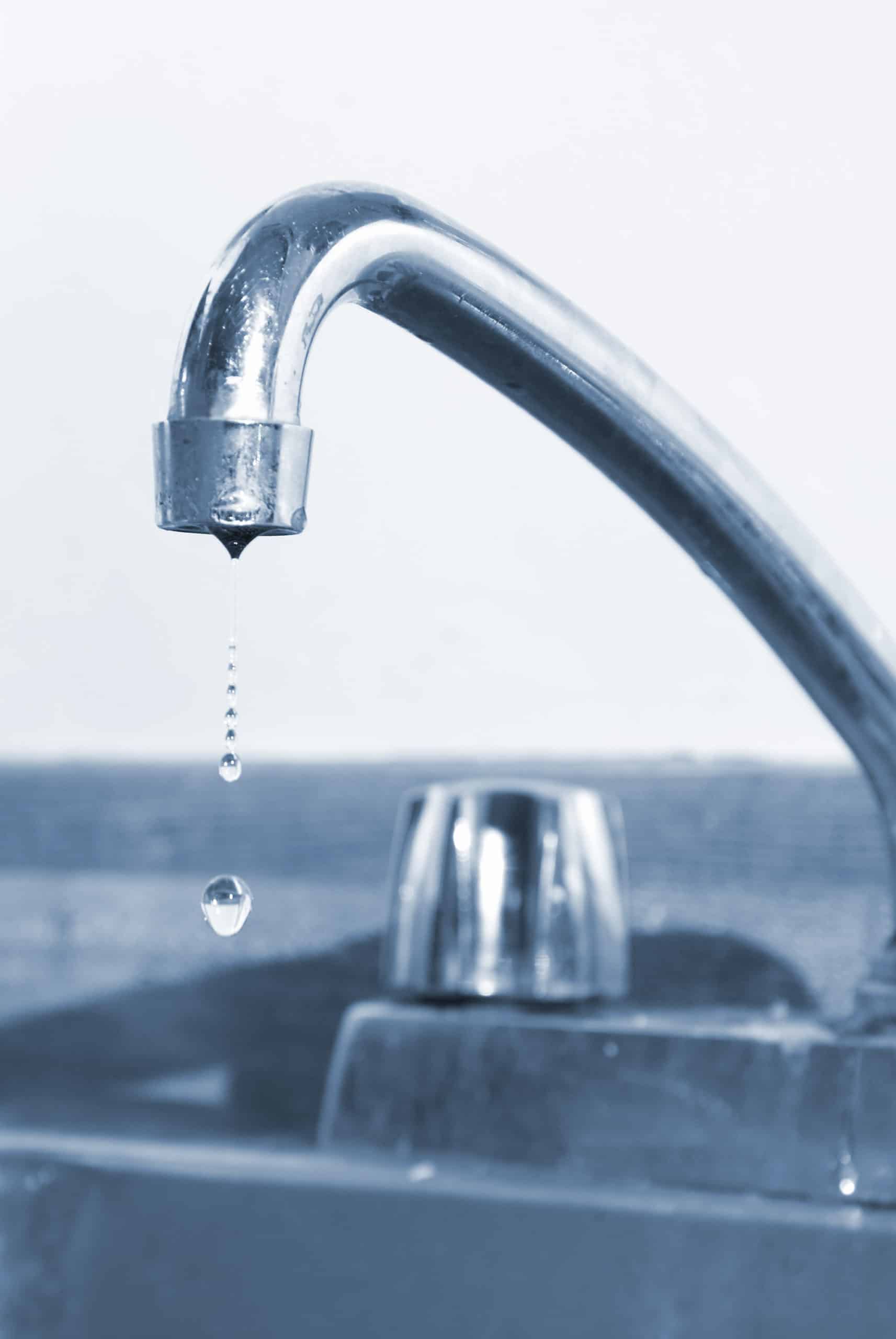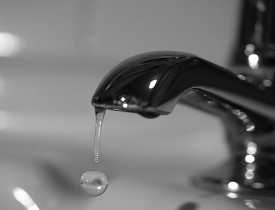Why It's Essential to Rectify a Dripping Faucet
Why It's Essential to Rectify a Dripping Faucet
Blog Article
On this page further down you will find lots of incredibly good advice about What Causes Leaky Faucets & How To Fix Them.

Trickling taps could seem like a minor inconvenience, but their impact exceeds just the inconvenience of the audio. From drainage to sustaining unnecessary monetary costs and health risks, overlooking a trickling tap can result in various effects. In this write-up, we'll delve into why it's crucial to address this usual home issue without delay and efficiently.
Wastefulness of Water
Ecological Impact
Leaking taps add dramatically to water wastage. According to the Epa (EPA), a solitary tap leaking at one drip per second can waste greater than 3,000 gallons of water annually. This not only strains water sources yet likewise affects ecological communities and wild animals based on them.
Financial Expenses
Raised Water Bills
Beyond the environmental effect, trickling taps can inflate water expenses considerably. The accumulated wastage over time translates into higher utility expenses, which could have been avoided with timely repairs.
Possible Building Damages
Additionally, extended leaking can result in damage to components and surface areas surrounding the tap. Water buildup can trigger discoloration, rust, and even architectural issues if left neglected, leading to additional fixing expenses.
Health Problems
Mold and Mold Growth
The consistent visibility of wetness from a trickling faucet develops an optimal setting for mold and mold development. These fungi not just endanger indoor air high quality however additionally pose health and wellness threats, particularly for individuals with breathing problems or allergic reactions.
Waterborne Diseases
Stagnant water in leaking faucets can end up being a breeding place for germs and other microorganisms, raising the risk of waterborne illness. Contaminants such as Legionella microorganisms grow in stationary water, possibly leading to serious illnesses when ingested or breathed in.
Do it yourself vs. Expert Repair service
Benefits and drawbacks of Do It Yourself Repair Work
While some may try to take care of a leaking tap themselves, do it yourself repair work come with their very own set of challenges. Without appropriate knowledge and devices, DIY efforts can worsen the issue or result in insufficient repair work, lengthening the issue.
Advantages of Hiring a Specialist Plumber
Hiring an expert plumber ensures that the underlying root cause of the trickling faucet is attended to properly. Plumbing professionals possess the know-how and tools to diagnose and repair faucet problems successfully, conserving time and minimizing the risk of further damage.
Step-by-Step Guide to Taking Care Of a Dripping Faucet
Tools Required
Before attempting to fix a dripping tap, collect the essential devices, consisting of a flexible wrench, screwdrivers, replacement parts (such as washers or cartridges), and plumber's tape.
Typical Faucet Issues and Their Solutions
Identify the sort of tap and the certain issue causing the drip. Usual issues include damaged washing machines, corroded valve seats, or faulty O-rings. Describe producer instructions or on-line tutorials for step-by-step advice on repair services.
Preventive Measures
Normal Maintenance Tips
To stop dripping taps, perform regular maintenance such as cleansing aerators, evaluating for leaks, and replacing worn-out components quickly. In addition, think about installing water-saving gadgets or updating to more effective components.
Relevance of Prompt Repairs
Attending to trickling taps as soon as they're noticed avoids additional water waste and prospective damages, eventually conserving both water and cash over time.
Effect On Building Worth
Assumption of Well-Maintained Property
Keeping a residential or commercial property in good condition, including resolving upkeep problems like trickling faucets, enhances its regarded value and desirability amongst prospective buyers or lessees.
Influence on Resale Value
Features with well-kept plumbing fixtures, consisting of taps, command higher resale worths in the real estate market. Attending to leaking faucets can add to a positive perception throughout home examinations and settlements.
Ecological Duty
Individual Contribution to Conservation
Taking obligation for dealing with dripping faucets lines up with more comprehensive initiatives toward water conservation and environmental sustainability. Every individual's actions collectively make a substantial influence on protecting valuable resources.
Sustainable Living Practices
By prioritizing prompt repair work and embracing water-saving practices, individuals contribute to lasting living techniques that profit both present and future generations.
Final thought
Addressing a leaking faucet goes beyond plain comfort; it's a necessary step towards preserving water, decreasing financial prices, and securing health and property. Whether through do it yourself repair work or specialist support, acting to take care of trickling taps is a tiny yet impactful means to advertise accountable stewardship of sources and contribute to a healthier, extra sustainable future.
How to Fix a Leaky Faucet: Step-by-Step Repair Guide
A leaky faucet may seem like a simple annoyance, but if it's not fixed promptly, that leak could cost hundreds to potentially thousands. From water damage to mold, mildew, and high water bills, even a tiny leak can be catastrophic if left unattended. Damage like this can even affect the overall value of your home, so it's important to take the right approach for leaky faucet repair. You may need the help of a plumber in some cases, but we've got a few tips you can try on how to fix a leaky faucet before calling the pros.
Four Faucet Types
When you're learning how to fix a leaky faucet, the first step is knowing what kind of faucet you're working with! There are four common types.
Cartridge Faucets
Cartridge faucets come in one- or two-handled varieties. In one-handled cartridge faucets, hot and cold water combines in a single cartridge. In the two-handled versions, hot and cold water are controlled separately and mixed in the faucet.
Ball Faucets
Ball faucets have a single lever you push up and down to adjust the pressure and rotate to change the temperature. A slotted metal ball controls the amount of water allowed into the spout.
Compression Washer Faucets
They're the oldest type of faucet, but they're still used in many homes — especially older ones. Compression faucets have two separate handles that, when turned, raise or lower the washer that seals a water valve. This valve stops water from flowing through the faucet when it is turned off.
Disc Faucets
Disc faucets rarely need to be repaired due to their maintenance-free design. The water flow is controlled by two discs — the upper one raises and lowers against a fixed lower disc, creating a watertight seal. If your disc faucet starts leaking, you may need to replace the seals or clean residue buildup from the inlets.
Fixing a Leaky Faucet
Step 1: Turn Off the Water
Whether you're learning how to fix a leaky bathtub faucet or how to fix a leaky kitchen faucet, always turn off the water supply to your working area when you're fixing a leak. The last thing you want is a flood added to your list of things to fix.
Look for the shutoff valves below your sink or around the tub and turn them clockwise to stop the water flow. If your faucet doesn't have shutoff valves, you may need to turn off the water for the whole house. Check to make sure it's off by turning the faucet on. If nothing comes out, you're ready to start the repair.
Step 2: Take Apart the Faucet
How you disassemble your faucet depends on the type of fixture you have. You can use a flathead screwdriver to remove the caps on top of the handle or handles for cartridge and compression faucets. Inside, you should see handle screws. Unscrew these with a screwdriver to remove the handle.
Disc- and ball-style faucets will typically have an inlet screw near the handle, and removing that will reveal the interior of the faucet.
Detach the Valve Stem
For cartridge- and compression-style faucets, you'll see the inner valve stem or cartridge once you remove the faucet handles. If you have a compression faucet, unscrew the brass valve stem. If you have a cartridge faucet, pull out the cartridge. If your cartridge has been in place for a while, it may require some tools or extra force to remove it due to mineral deposits.
Examine and Replace Parts
Once you've removed the parts, check them out to confirm what needs to be replaced. You may see corroded rubber washers, O-rings, stems, or cartridges. On a ball-style faucet, check the seats and springs for damage.
If you need to repair a leaky disc faucet, check the inlet and seals on the lower disc.
Once you determine what parts must be replaced, visit your local hardware store. Bring the damaged parts with you to ensure you can purchase the correct components to replace them.
Clean Valves and Faucet Cavity
If you've removed a stem or cartridge, you may notice mineral buildup in the faucet's threads. Use white vinegar to clean the valve seat by soaking it for a few minutes, then scrub it away with a soft toothbrush and rinse with warm water. You can also clean the interior of the faucet in the same way.
Reassemble the Faucet
Once your faucet is cleaned and the required parts have been replaced, it's time to reassemble it. Put the pieces back together and slowly turn the water supply back on. Doing this slowly is crucial because too much initial water pressure can damage the new hardware you've just installed.
https://homewarranty.firstam.com/blog/how-to-fix-leaky-faucet

I'm very taken with 4 Common Reasons for a Leaky Faucet and I hope you enjoyed reading the new article. Loved our review? Please share it. Let another person discover it. We thank you for your readership.
Report this page